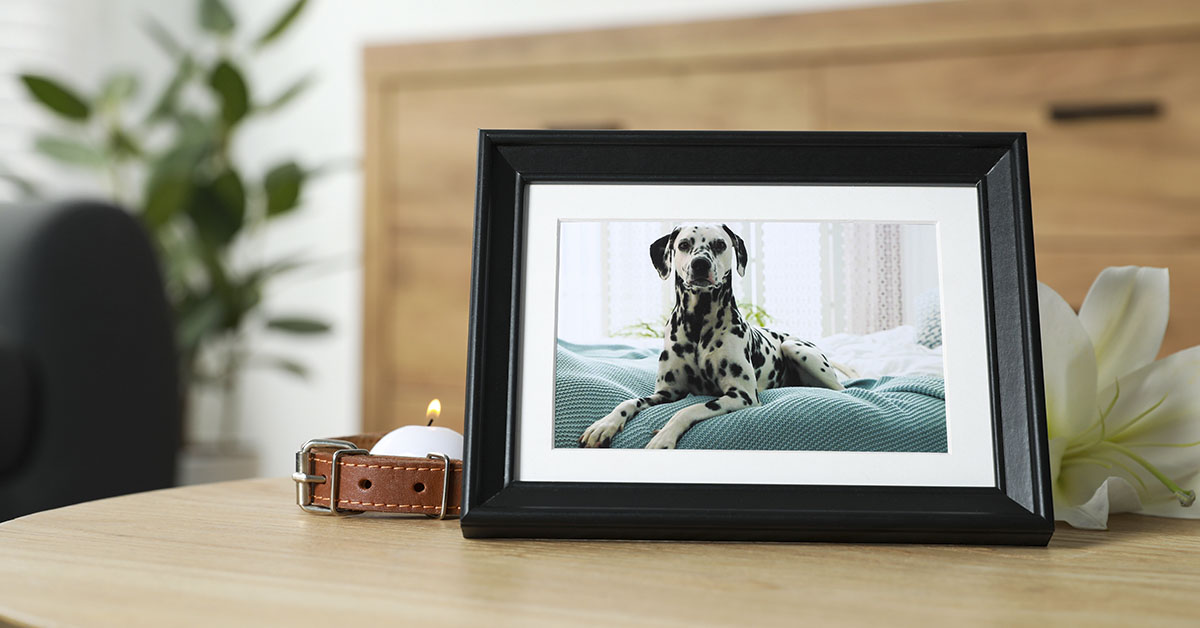Experiencing the loss of your canine companion is an emotionally challenging job. Those who have gone through it can attest. The relationship with a pet goes beyond mere ownership, evolving into a familial connection. The dog becomes more than just an animal; it becomes a cherished family member, a loyal companion, and your best buddy. The deep bond shared with a dog often leads to deep sorrow when they depart.
For dog owners, the grieving process following the death of a pet is a difficult and personal journey. However, individuals who haven’t experienced this particular pain often struggle to understand its intensity. Their advice, although well-intentioned might come across as dismissive, arguing that it’s merely a dog. Unfortunately, this only seems to make the pain worse.
Recent scientific studies now affirm the heaviness of mourning your beloved pet’s death. They recognize it as a genuine and valid emotional experience. Interestingly, this research reveals that coping with the loss of a pet might be a greater challenge than recovering from the loss of a person. The findings show why the process of overcoming the grief associated with losing a dog can be exceptionally taxing.
Bonding
As per research published in the Official Journal of the Human Behavior and Evolution Study, the bonds formed with dogs closely parallel the emotional connections we establish with humans. Our brains respond to these bonds similarly, producing the same hormonal responses. Essentially, bonding with a dog triggers the release of hormones comparable to those experienced when bonding with a human. This biological and emotional similarity is why dogs often become integral parts of a family. They evoke feelings similar to those of human relatives.
Grieving After Losing A Dog
Following the first point, it is true that mourning the loss of a pet dog is not acknowledged the same way or given similar societal support and concern as grieving for a human loved one. In the aftermath of a human’s passing, options like therapy, counseling, the solace of friends and family, and the observance of funerals provide ways to process the grief.
However, when a beloved dog passes away, societal expectations dictate a swift return to normalcy. There is a prevailing notion that mourning a pet should be brief and discreet. If you decline social engagements or adjust work to accommodate the process of grieving, it is frowned upon. The Telegraph highlights the societal perception that losing a pet is not considered a valid reason for prolonged grief. Thus, there is a lack of understanding and support.
Moreover, seeking therapy to mourn for your pet is often stigmatized, potentially resulting in negative consequences. This stigma further complicates the already challenging task of coming to terms with a pet’s demise and finding the necessary closure to move forward. The absence of recognized mourning practices for pets can make the grieving process a more isolating and challenging experience.
Comfort And Love
The loss of a pet extends beyond the absence of a canine companion. It encompasses the emotions and experiences intertwined with their presence. With the passing of a pet, one loses not only the dog itself but also the feelings. It means the end of the love, the solace derived from their presence, and the friendship they offered. The loss leaves a profound emptiness as it takes a lot away in one go.
Furthermore, the unique bond between dogs and their human caregivers involves a special kind of love – an unconditional affection that surpasses typical human relationships. This unparalleled devotion, characterized by its unwavering nature, adds an extra layer of emotional intensity.
Memories And Routine
If you shared your life with a dog, chances are they were a constant presence in your home, and much of your time was spent in their company. However, when they are gone, the atmosphere in your home undergoes a significant transformation.
The familiar routines you once took for granted – such as feeding your pet or walking together – disappear. The echoes of their paws running around the house or the sensation of them leaping onto your lap to cuddle become distant memories. This alteration in your daily routine can leave you feeling adrift, especially if your days have long revolved around your pet’s companionship.
After they are gone, you may find yourself automatically engaging in tasks that were once integral to the life you shared with your dog. This loss is made more painful when routines connected to your deceased pet are unconsciously repeated.
The Guilt Of Losing A Dog
At times, the responsibility of deciding the fate of your dog’s life rests in your hands. Faced with the difficult situation of your companion’s suffering, you may have had to make the heartbreaking decision to euthanize them. Despite knowing that it was the most compassionate choice for your pup, lingering feelings of guilt may accompany the farewell. Bearing the weight of this guilt can intensify the emotional turmoil of goodbye. The sense that you could have done more may persist, even in the recognition that there were no alternative options available.
In Conclusion
Losing a dog or any beloved pet is undoubtedly a tough experience. However, it’s important to acknowledge and validate your emotions, understanding that needing time to grieve is perfectly okay; you are allowed to be sad. If others struggle to comprehend, just let them know that they are supported!
Sources
- “Researchers Reveal Losing A Dog Can Be As Hard As Losing A Loved One.” Power of Positivity. December 10, 2018.

